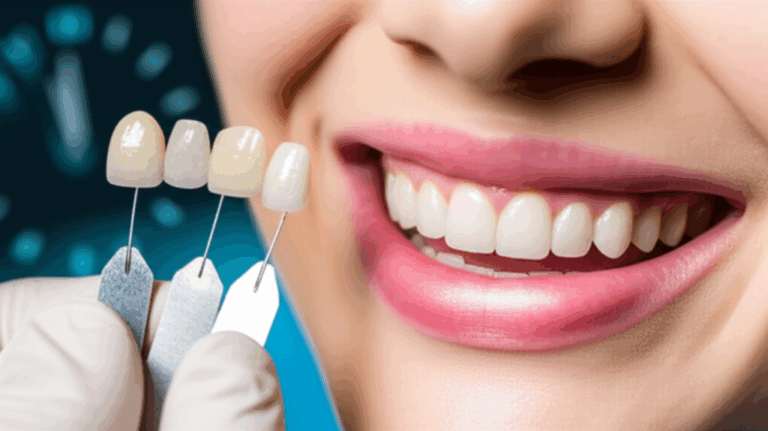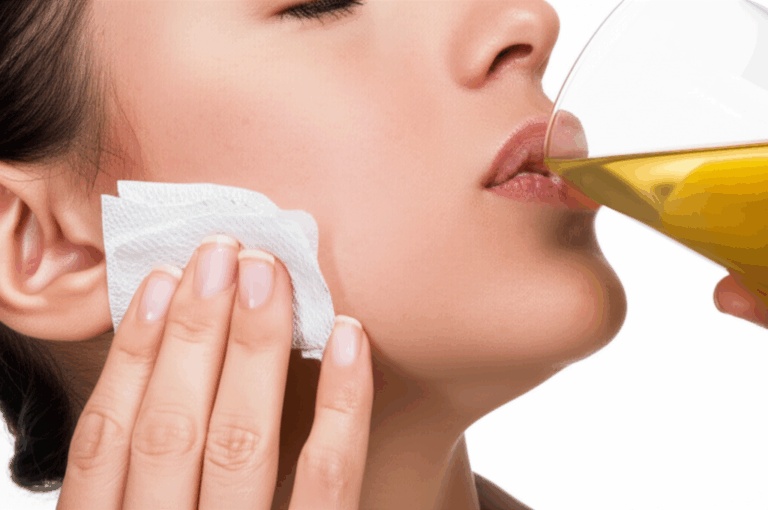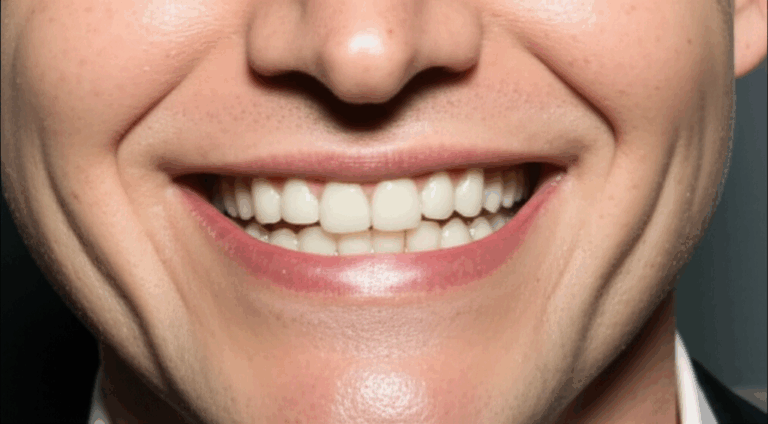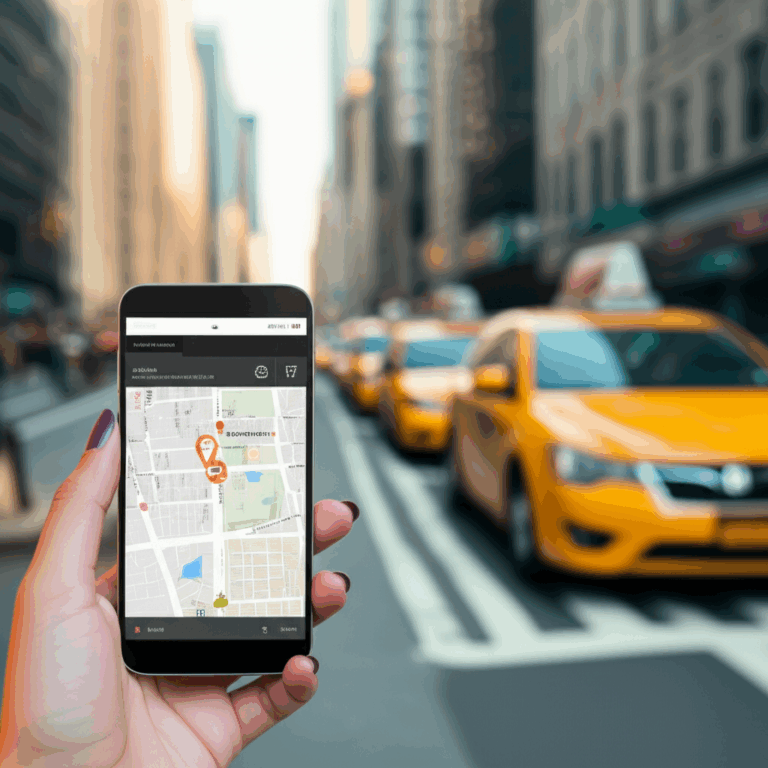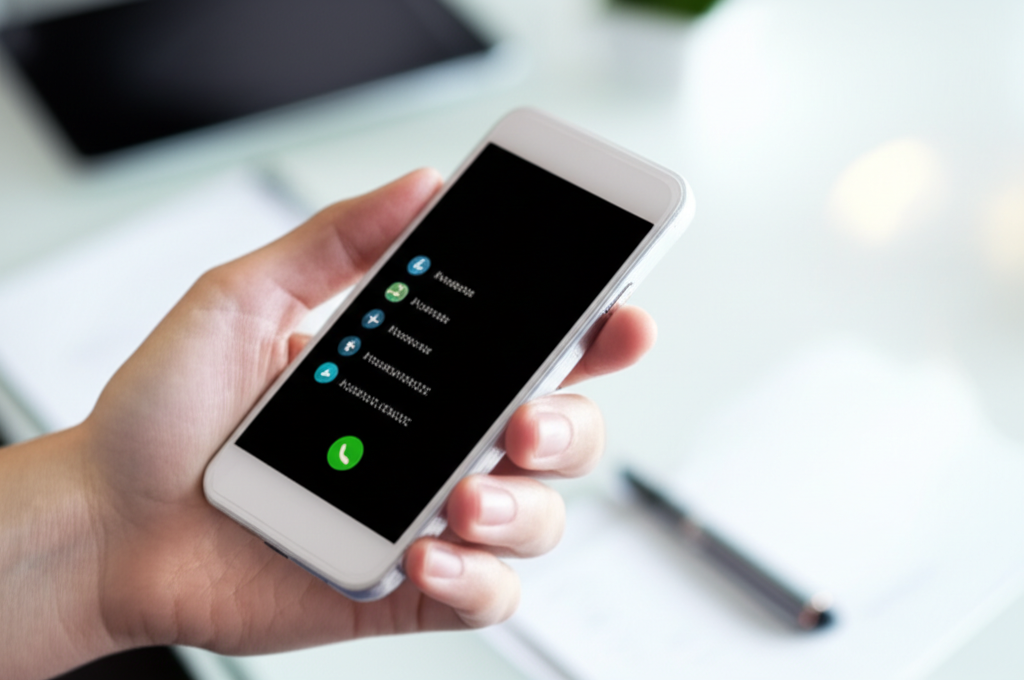
How to Get a Dentist Appointment Without Insurance: My Guide to Affordable Dental Care
Table of Contents
- Community Health Centers and Federally Qualified Health Centers (FQHCs)
- Dental Schools and Dental Hygiene Programs
- Public Health Departments and State Dental Programs
- Non-Profit and Charitable Dental Organizations
- Dental Discount Plans (and How They Compare to Insurance)
- Negotiating Directly With Dentists
- Leveraging Flexible Spending and Health Savings Accounts
- External Dental Financing: What to Watch Out For
Introduction: My Journey Through Dental Care Without Insurance
I know what it’s like when you need a dentist but don’t have insurance. It’s stressful and honestly pretty scary. The idea of big bills with no idea where to get help can make you lose sleep. I’ve been there before. This is the walk-through I wish I could have found years ago, when I had to make it up as I went.
For me, a chipped tooth was the start. One minute, I’m eating popcorn. The next, I feel something sharp on my tooth with my tongue. No insurance, no dentist to call, and not much money for a fix. That’s when I started to dig into how to get cheap dental care, fast—and found a bunch of options I never even thought about.
If you’re in the same spot, let me show you what I’ve learned, step by step.
Understanding Your Dental Needs (and My Hard-Learned Lessons)
I started out thinking going to the dentist would always be super pricey. But turns out, I was wrong.
Emergency vs. Routine Care
Ask yourself first: Is this an emergency, or can it wait a bit? Bad pain, infections, or if you knocked out a tooth—those need quick care. A small toothache, cleanings, or a checkup gives you more time to look around and compare prices.
The Big Myth: No Insurance, No Help
You might believe that dentists won’t see you without insurance. Nope. So many people in the U.S. go to the dentist every year without coverage. The trick is knowing where to look, asking questions, and not giving up if the first office costs too much.
Let’s go through the choices that helped me the most—and can help you too.
Where I Found Affordable Dental Care
Community Health Centers and Federally Qualified Health Centers (FQHCs)
Here’s a tip I wish I found sooner: your local Community Health Center could have dental care, even if you have no insurance and not much money. These places get help from the government to work with people like you and me. They charge you based on how much you can pay.
When I went to an FQHC nearby, the staff helped me fill out some forms (looks scary, but don’t freak out). I showed how much I earn, and my bill matched what I could pay. The people were nice about it.
How to find one: Look online for health centers in your zip code, or check your state’s health department site. Sometimes they have dental care, but you should call first—appointments fill up fast.
Dental Schools and Dental Hygiene Programs
Honestly, dental schools are a lifesaver for cheap, good care. I was nervous about a student working on me, but every step was watched by an experienced dentist. I ended up saving hundreds.
You can get checkups, cleanings, fillings, and sometimes crowns at a much lower price. Lots of hygiene schools will give you free or cheap cleanings too. I got a checkup, and the student did a careful job.
Where to look: Search for university dental clinics, or call your closest dental school. Appointments take more time since students are learning, but you save a bunch of money.
Public Health Departments and State Dental Programs
When I checked my choices, I saw my state had a dental plan just for adults with no coverage. Every state is different, but many run cheap clinics or can point you to places that help. Some areas even have mobile dental clinics coming through to help neighborhoods with not much dental care.
Some programs help kids (like CHIP), seniors, or even pregnant people too. Just watch out, public health help sometimes means you have to wait. Get started soon to get your name on the list.
Non-Profit and Charitable Dental Organizations
After I tried the first options, I found nonprofits doing awesome work:
- Dental Lifeline Network helps older people, people who are very sick, or people with disabilities.
- Mission of Mercy has free dental events all over the country.
- Give Kids A Smile is for kids and sometimes gives full checkups, cleanings, and fillings for free.
Once I even helped out at a Mission of Mercy event. Just seeing people get the help they needed was something I’ll never forget. These groups have rules for who they help. But if you qualify, they are really great. If not, they still may know other places to send you.
How I Made Dental Care Affordable: Strategies That Worked
Getting an appointment is just the start. Here are some ways I saved money:
Dental Discount Plans (and How They Compare to Insurance)
Let’s be real: dental discount plans are not the same as insurance. It works like a membership. You pay every year, and you can use a big list of dentists who make their prices lower for members.
When I got one, my cleaning went from $120 to around $60—so the plan paid for itself after just a couple of visits.
What to think about:
- You can save 10-60% off what you’d usually pay.
- Savings start right away (no waiting like insurance).
- You have to use dentists in their group.
Some companies sell these plans, and even big names like Delta Dental have their own. Check reviews first. This isn’t magic, but does make regular care easier to pay for.
You might look for good deals through a china dental lab too, for things like crowns, since some clinics partner with labs that help cut down costs.
Negotiating Directly With Dentists
At first it felt weird to talk about money, but you have to. A lot of dentists actually give people without insurance a break, or let you pay the bill a little at a time.
Stuff that helped me:
- Be upfront: “I have no insurance and will pay cash. Is there a discount or payment plan?”
- Get an itemized estimate: Sometimes I found things I didn’t need and cut those.
- Compare prices: I called three places. The first was $200 for a tooth pulled. The third was only $90 (and both did great work).
Dentists know not everyone has insurance. They want you to be able to see them and stay healthy.
Leveraging Flexible Spending and Health Savings Accounts
This doesn’t work for everyone, but if you have a Flexible Spending Account (FSA) or Health Savings Account (HSA) from work, you can use that money for dental stuff. I paid for a crown with these funds and it really helped me out.
Ask at your job or see your benefits info. You might have money set aside for dental work already.
External Dental Financing: What to Watch Out For
When I didn’t have other choices, I looked at medical credit cards like CareCredit. Here’s what I learned:
- Good things: You can pay over months, sometimes with no interest for a while.
- Bad things: Miss a payment, and the interest gets huge.
Regular loans or credit cards are really my “last option.” Only try it if you can make the payments, or you might have bigger money problems.
Another way is to use a clinic that gets supplies from affordable labs (like a zirconia lab or crown and bridge place)—sometimes, clinics can pass their savings to you.
The Questions I Asked (And You Should Too)
Getting care you can pay for comes down to being brave and asking questions:
- “Do you give a discount if I don’t have insurance?”
- “Can I get a breakdown of the bill before you do anything?”
- “Are there cheaper ways to do this or can we space it out?”
- “Is my first visit or talk free?”
- “Will follow-up visits cost extra?”
- “Can I make payments over time?”
Ask lots of questions. The more you ask, the more you know.
Prevention: Protecting My Teeth (and My Wallet)
After the trouble with that popcorn kernel, I got big on prevention. Here’s what works for me, and maybe for you:
- Brush and floss every day. Seems simple, but it saves you money. I started using fluoride toothpaste and flossed every night.
- Cut back on sugar drinks and snacks. Sugar stays on teeth and brings on cavities.
- Get cheap cleanings. Hygiene schools are perfect. My cleaning was $25, and x-rays free.
- Watch for early signs. Never ignore bleeding gums, sore teeth, or weird spots. Fixing things early is way cheaper.
Skipping the dentist may sound like a money-saver to friends, but trust me—it’s not. One checkup a year can spot problems sooner and save a lot.
I even tried online dentist chats. Teledentistry lets you talk to a dentist by video or phone, usually for less money.
Special Situations: What I Did When Things Got Urgent
Sometimes, you really can’t wait. Here’s what worked for me when things got quick:
Emergency Dental Care Without Insurance
When I woke up in pain at 2 a.m., I searched “emergency dentist no insurance.” Lots of these clinics will take walk-ins and help right away (but for bigger fixes, you may need another appointment later).
If you have a swollen face, can’t breathe, or have fever, go straight to the ER. Don’t risk it.
Pediatric Dental Care Uninsured
When my niece had a toothache and no coverage, I found out most states have programs for kids. CHIP and groups like Give Kids A Smile help a lot.
Dental Needs for Seniors Uninsured
My mom, living on her Social Security check, found a local senior center working with a nonprofit dentist for cheap cleanings and dentures. Many states have help for older people—just ask your local office for aging people.
Teledentistry and Virtual Consultations
Since COVID, lots has changed—even how you see the dentist. If you can’t get out or just have a small problem, many dentists now do calls or video visits. Some will call in medicine if you need it.
Conclusion: Taking Charge of Your Smile – My Final Thoughts
Getting care without insurance isn’t always easy—but you can totally do it. I went from being scared of the dentist to feeling like I could handle things and not waste money.
Remember:
- Don’t think you have to only use expensive private dentists.
- Ask about community health centers, dental schools, and nonprofits.
- Be on top of things—compare prices, ask questions, try to get a lower price.
- Keep your teeth healthy so you don’t have emergencies.
And don’t let fear or being shy keep you from getting help. Everyone should get healthy teeth, insurance or not. These steps can really help.
If you’re getting crowns or dentures, ask if your dentist uses a good removable denture lab or a trusted dental ceramics place—sometimes asking saves you more money.
This dental journey is for you to control. I hope my story gives you a head start and saves you time, worry, and money. Good luck—you’ve got this!

